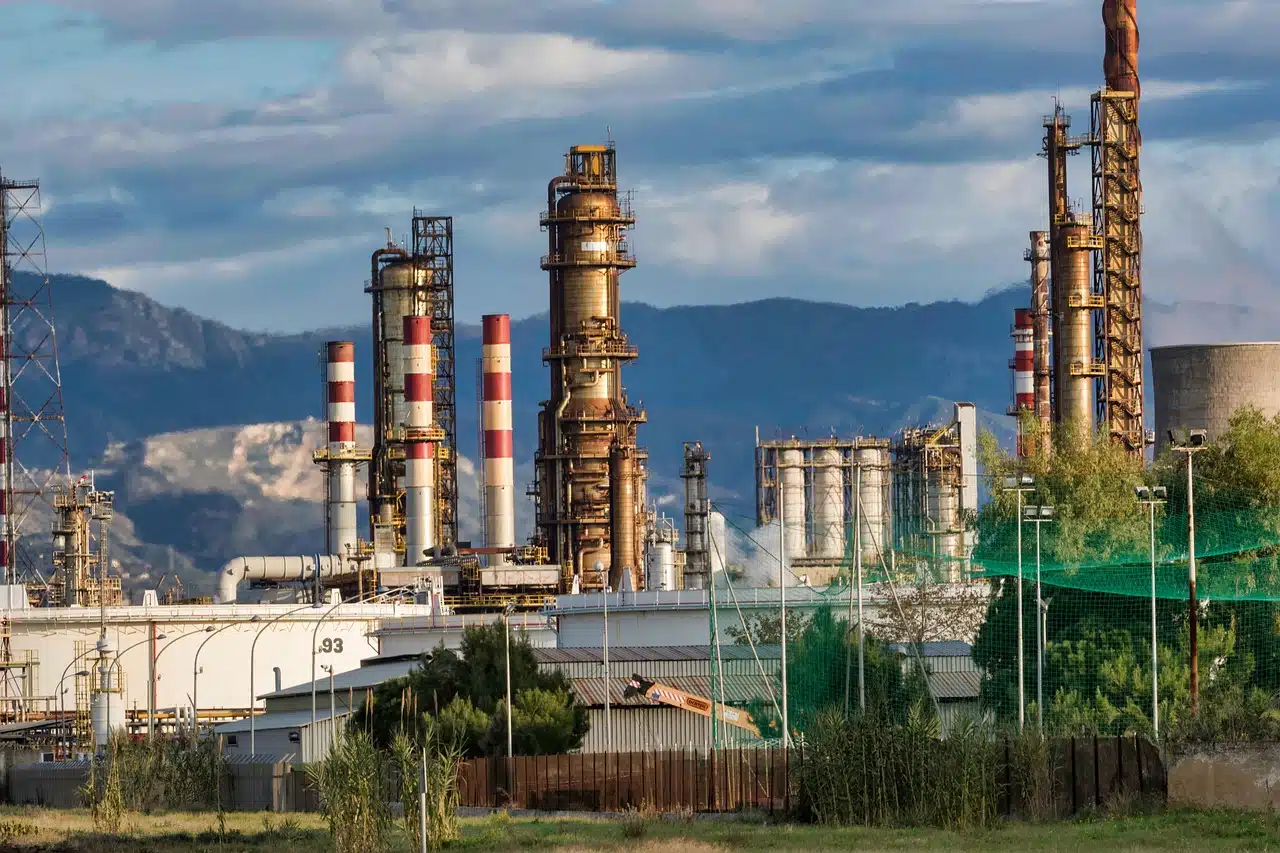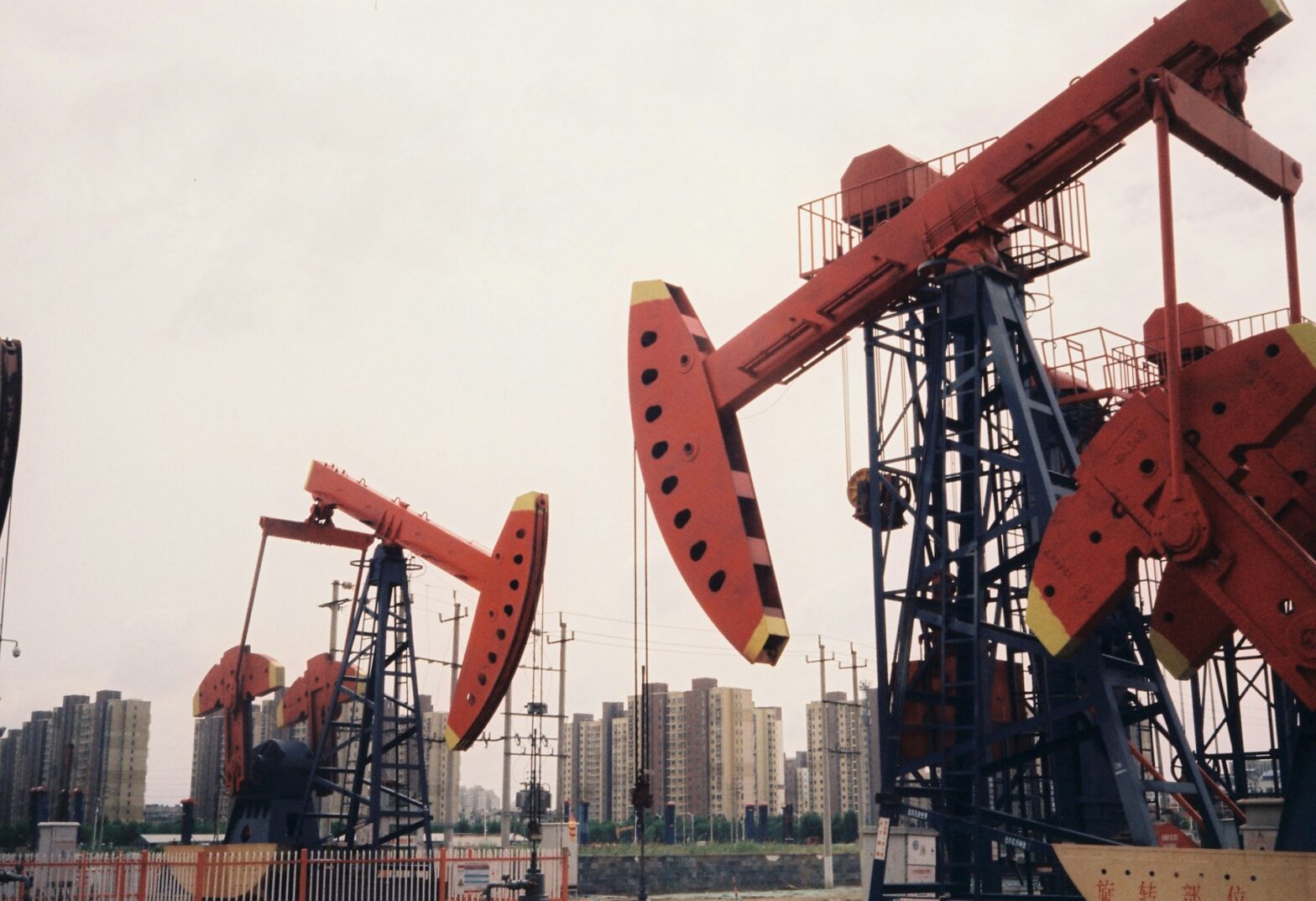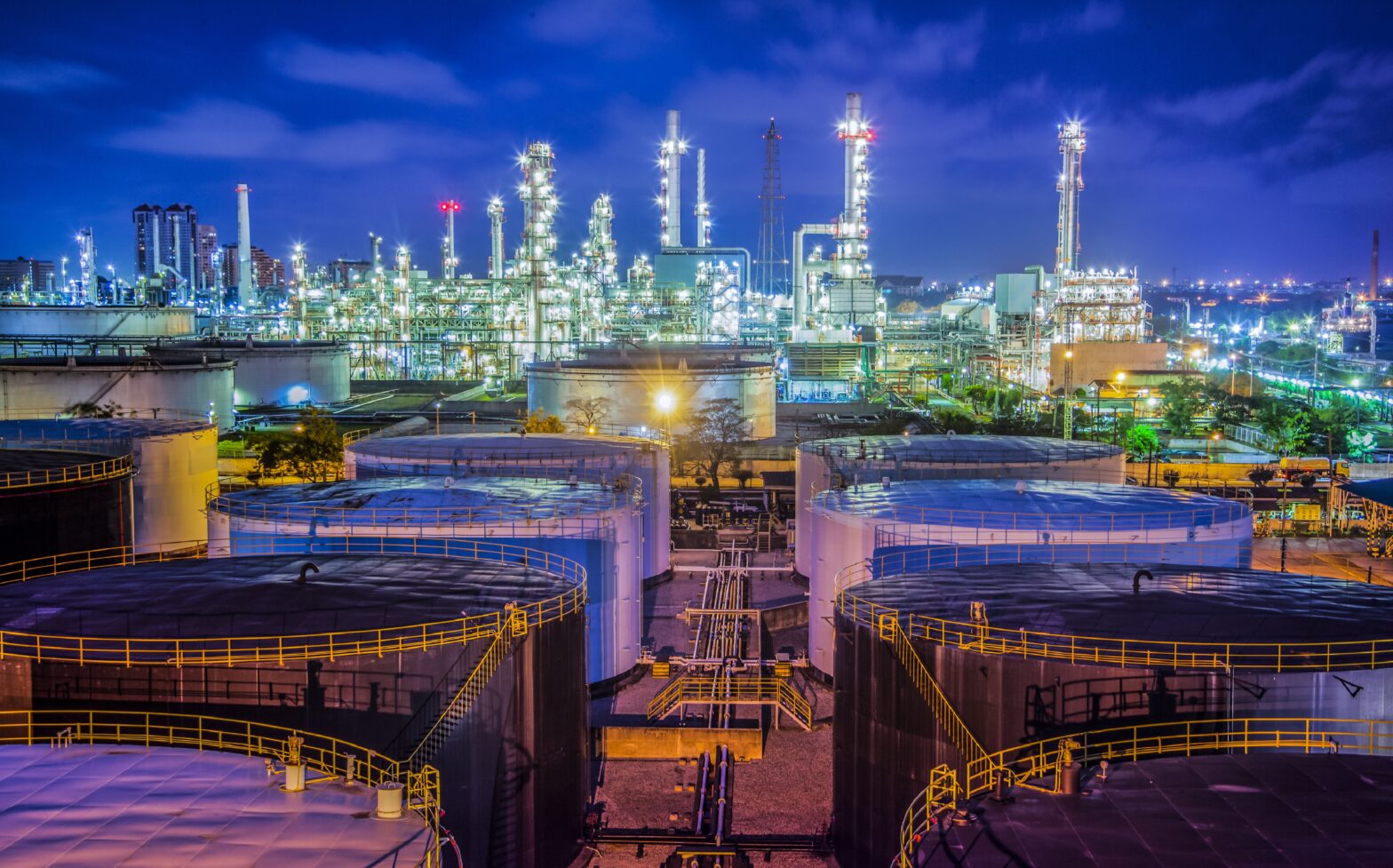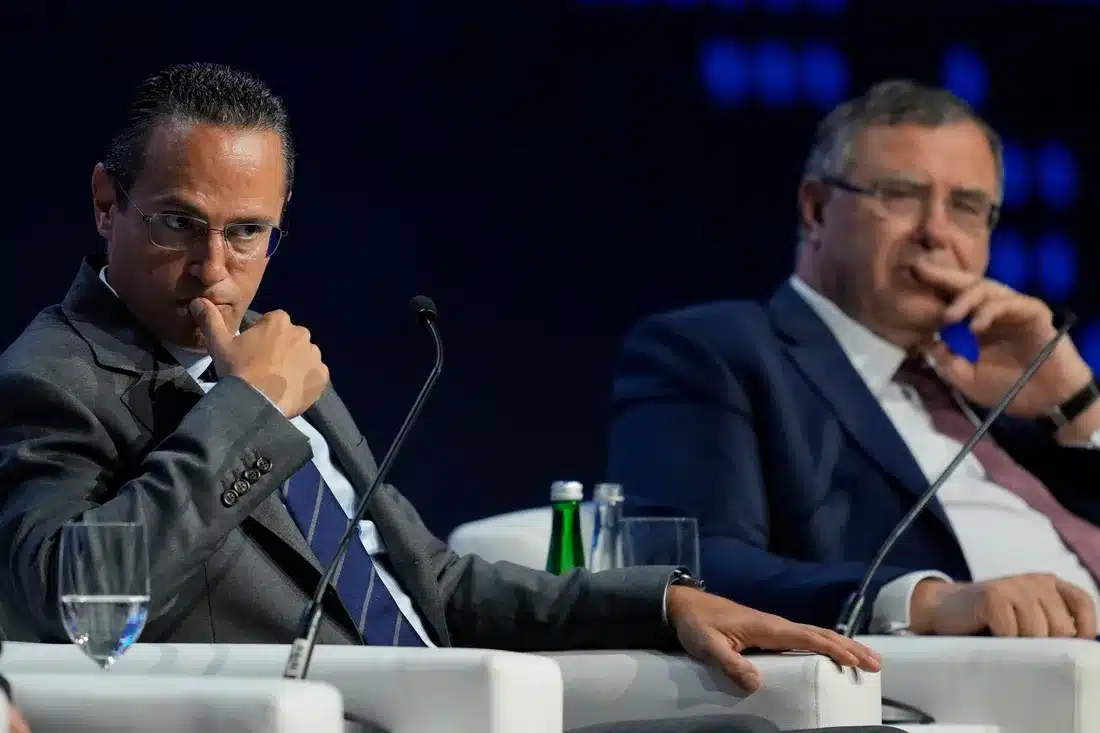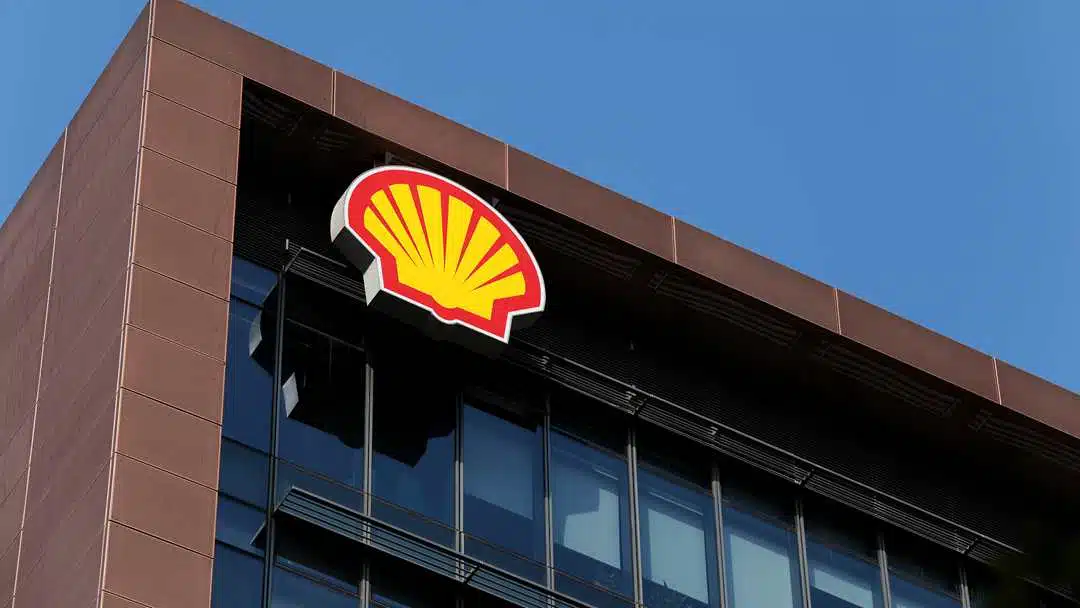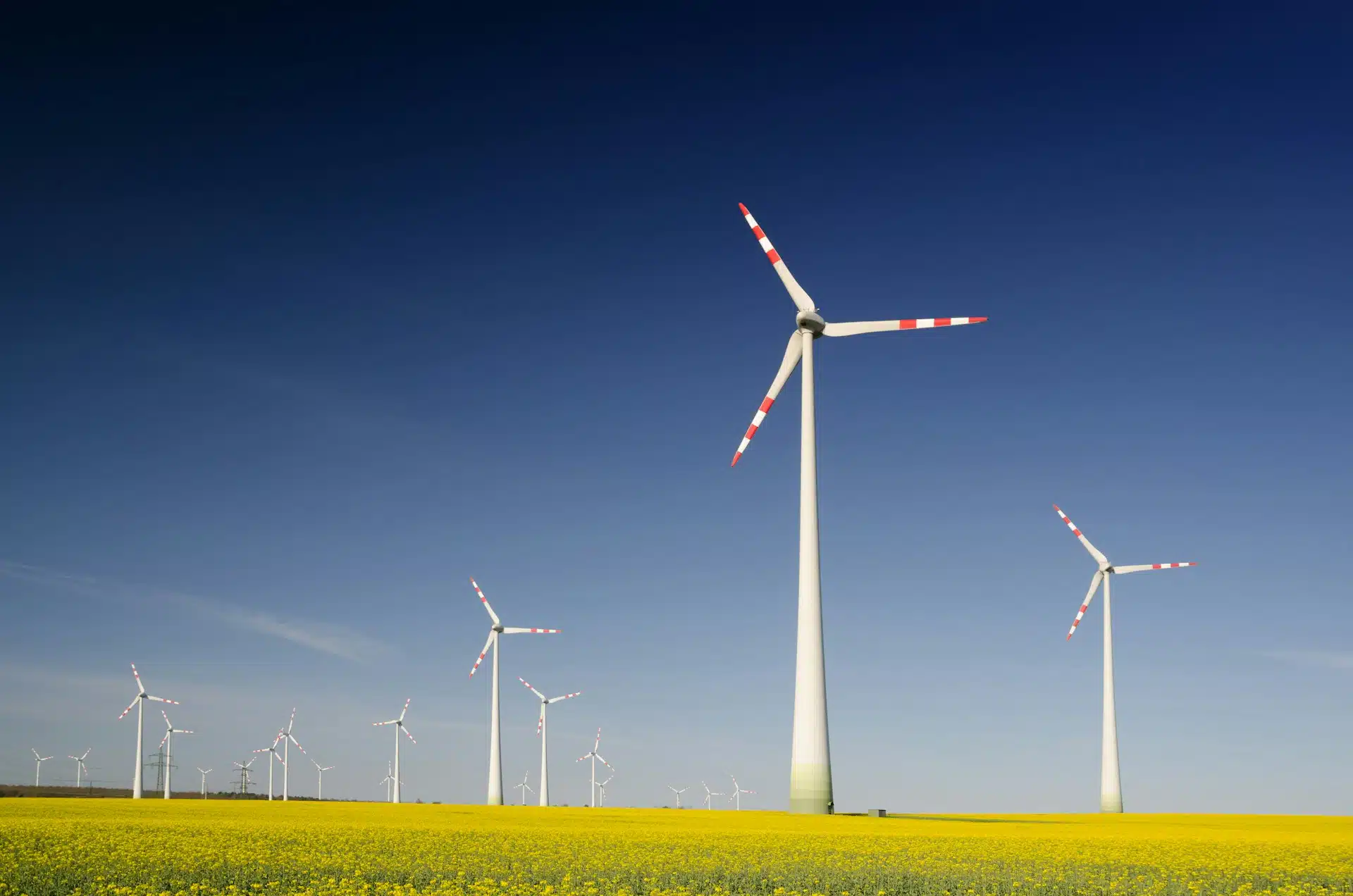When Angola, Africa’s third-largest oil producer, exited the Organization of the Petroleum Exporting Countries (OPEC) in 2023, the Central African country said the oil cartel no longer served its interest.
The interest, which apparently is an increase in oil production to help spur its economy, double its revenue, and drill more oil, was perceived to be held back by OPEC’s imposed quota of 1.1 million barrels per day.
Although a very minor player in the OPEC oil-rich membership, oil and gas make up about 90% of Angola’s exports and are a crucial economic lifeline for the country.
But Angola is not the only African country with a similar situation of a quota system which seems to negatively affect its output, and by extension, the health of the general economy.
For most African nations who deal with oil and gas, the export economy still remains monolithic, and whatever happens in the oil market will inadvertently trickle down to the economic conditions of these countries down south.
OPEC’s position has always been to protect the interest of all of its members, particularly the smaller producers with huge volatile markets whose lifeblood depends on whatever the big players do.
African countries such as Nigeria, Libya, Egypt, and Angola run their economies primarily on oil. Wherever direction the price of oil goes, these countries’ economies will go likewise.
OPEC has always done enough to consider all these factors in its arrangement, its outlooks, and quota assignments.
During the pandemic era, for instance, the oil group was able to manage the movement of oil price, regularize supply, and navigate a critical oil bust with robust cuts from key members.
Similarly, OPEC navigated other crises including the Gulf wars, years of American shale boom, and other global incidents that threatened stabilized oil prices.
But those are in the past, as the political tension of the day and geopolitical events—changing faster than anyone can keep up with—have all changed OPEC’s outfit and its role in protecting smaller oil-producing nations.
Case in point? Earlier during the weekend, the oil cartel announced another increase in oil output, raising output by 411,000 barrels per day (bpd) in July.
This obviously would mean a destabilized oil price, which already is in a dangerously low position.
Brent crude futures already hover around $65 per barrel, while West Texas Intermediate (WTI) crude price stayed even lower amid the announcement of high output.
For African countries whose economies depend on oil, this is no good news.
What has changed?
The power play in OPEC has increasingly become both complex and unpredictable, primarily spurred by external politics and global realignment of the role of the oil market.
Since April, the OPEC+ eight have now made or announced increases totaling 1.37 million bpd, or 62% of the 2.2 million bpd they aim to add back to the market.
When the group announced its first increase in April, most analysts believed the decision was mainly driven by U.S. President Donald Trump’s call for a reduction in oil price.
Trump, whose high tariffs and trade war with China and other countries, is betting on lower oil and gas prices for the country’s economic recovery and a reduction in inflation below the Fed’s 2% target in order to cut interest rates.
But this time OPEC didn’t put the blame for its decision on Trump.
In a statement, OPEC+ cited a “steady global economic outlook and current healthy market fundamentals, as reflected in the low oil inventories” as its reasoning for the July increase.
Trump was nowhere in the picture—at least not explicitly.
Some analysts believe that the decision might have been driven by the imminent tour by Trump around the Gulf states in the coming weeks.
On the other hand, others argue that it’s all a Saudi show, as it was the head of the oil cartel who called the impromptu meeting, resulting in the output hike.
Whatever the case may be, African countries’ interest becomes a passive recipient of an international power play in the process.
For Libya, for instance—a country whose 90% of its real economy is driven by oil—a crude futures price below $50 could mean a total economic collapse.
Lose-lose situation
The recent oil price movements and the decisions driving the trends have not in any way been in favour of Africa, particularly those whose survival depends on bullish oil prices.
While in the large scale of things Africa appears insignificant to total oil production, with just 8% of global output, the continent owes much of its economic mobility and prosperity to its oil sector.
A reduction in oil price, therefore, is a lose-lose situation for such emerging markets.
Consider a country like Nigeria, whose 90% of its total export economy is driven by oil production and oil prices. The more oil the West African country produces, the better its economy; the less oil, the worse off its economy.
This is true not only for Nigeria, but also for countries such as Libya, Algeria, Angola, Gabon, and Egypt.
In addition, Nigeria’s indigenous companies do not control the majority of its oil assets, leaving the country’s fate in the hands of a few international firms whose incentive to produce is driven mainly by an upswing in oil prices.
Then there is the cost. In Africa, given poor infrastructure development, coupled with aggressive climate and, in some cases, oil sabotage and theft, the average cost of producing a barrel of oil is about $25 to $48 per barrel, while in North America it is less than $40.
Higher production costs mean oil companies need stronger incentives to explore, drill, and produce more—just to break even and maintain sustainable profits for repatriation and royalty payments to host countries.
In short, OPEC’s decision favours the big players, not Africa.
A different model for Africa
African countries who are members of OPEC—including Gabon, Nigeria, Algeria, Equatorial Guinea, and Libya—could together lobby for an increase in quota to help offset the lower oil price.
But an increase in quota alone won’t magically help these nations, as they will be required to produce more.
When Angola left OPEC because of a quota dispute, the Central African country was still struggling to produce 1 million bpd, while its benchmark was 1.1 million bpd.
Two years down the line, Angola has not been able to produce the amount of crude assigned to it by OPEC even after leaving the group in 2023.
The reason being the oil industry in Africa is extremely volatile and requires a lot of deliberation and consultation before oil majors make a Final Investment Decision (FID).
For instance, TotalEnergies announced a deepwater investment in 2022 in Namibia’s Venus discovery offshore, but three years down the line, an FID has not been reached.
According to reports, Total is expected to decide in 2026 on the offshore exploration, but the point remains—things aren’t that straightforward in Africa’s oil sector.
A different model will be building local capacity, such as refineries and petrochemical plants, to drive industries and spur the larger economy.
Oil, a natural resource, should not be the end products for an economy of the second most populous continent.
Rather than exporting raw crude and importing expensive refined products, nations can trade refined oil among themselves, strengthening intra-African commerce and supporting regional energy security.
Expanding access to global markets for African-refined products will also open new revenue streams and attract long-term investment into local industries.
Most importantly, this model offers a buffer against the volatility of global oil prices and insulates the continent from the geopolitical maneuverings of OPEC and other powerful actors whose decisions often leave African economies vulnerable.

